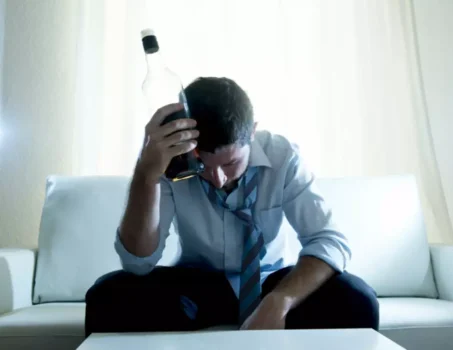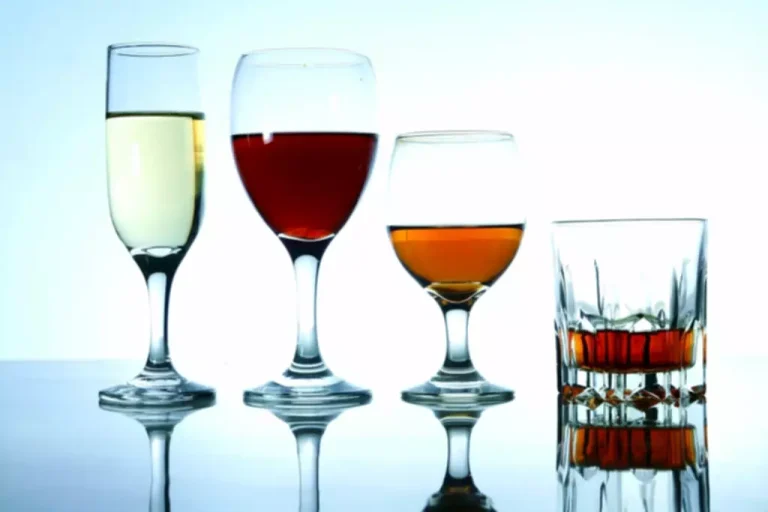
Over time, these emotional struggles contribute to a deep sense of isolation and hopelessness, making recovery more challenging. The different types of addiction include substance addiction and behavioral addiction, each involving compulsive engagement with a substance or activity that leads to negative consequences. While both types of https://ecosoberhouse.com/article/do-you-genuinely-like-the-feeling-of-being-drunk/ addiction share similar mechanisms in the brain, they differ in the nature of the addictive behavior. According to the Substance Abuse and Mental Health Services Administration (SAMHSA), nearly 50% of individuals with a serious mental illness will also experience substance use disorders in their lifetime.
What Are The Early Warning Signs of Relapse?
- They may not only experiment with new situations but also with what kind of drug use or alcohol use they can engage in without getting caught or facing consequences.
- The reasons a teenager experiments with drugs can vary widely, but two common reasons are because of either curiosity or peer pressure.
- Knowing the signs and stages of the addiction cycle can help you recognize when to begin looking into substance use disorder (SUD) treatment for yourself or somebody that you love.
- Drugs of abuse cause a surge of dopamine, far beyond what we experience from natural rewards like food or sex.
- Treatment centers specializing in substance use disorder provide tailored programs to meet the unique needs of each individual, ensuring a comprehensive approach to recovery.
- The model relies heavily on the development of physical dependence, and even individuals who are diagnosed with severe substance use disorders may not develop significant physical dependence to drugs or alcohol.
It also provides a chance to uncover and tackle underlying Substance abuse issues that may contribute to substance abuse, such as stress, trauma, or co-existing mental health conditions. Furthermore, early intervention plays a crucial role in breaking the cycle of addiction that can affect future generations, as children of parents with substance use disorders face higher risks. Drug addiction, or substance use disorder, is a chronic condition marked by compulsive substance use despite significant negative consequences. By this stage, the individual’s brain chemistry has been altered, resulting in intense cravings and persistent addictive behaviors.
Addiction Treatment

The fifth stage of addiction is full-blown addiction, where the use of drugs or alcohol is no longer just affecting daily life but dictating many of the routines, feelings, and decisions of each given day. Another important disclaimer is that even if you see someone engaging with drugs or alcohol without showing any signs of addiction, that does not mean the drug is in any way “healthy” or without negative consequences. The third stage of addiction describes regular use of drugs or alcohol, with their use becoming an expected routine in their daily life.
The Relapse Stage

Even all of the assistance and support of others would not significantly help individuals whose brains drive them to choose to use drugs and whose brains do not allow them not to make a choice not to use drugs. Alcohol or drug use at this stage is typically causing significant problems in the person’s life, yet they continue to use despite the known harmful consequences. The person may experience feelings of powerlessness as attempts to quit or cut back on one’s own repeatedly fail. Risky behaviors begin to develop, which may include driving while under the influence or failing to fulfill responsibilities at school, work, or home.
The Ripple Effect: Negative Consequences of the Addiction Cycle
- This second stage of addiction is also where an increase in risk-taking behaviors and risky use can become more common.
- If you or someone you know shows these signs of addiction or has tried and failed to quit using drugs or alcohol, there is still hope.
- There may not be daily use, but a pattern (like weekend binges or drinking after stressful events) starts to emerge.
- This might involve medical detoxification, inpatient or outpatient rehabilitation programs, or ongoing therapy.
- Your healthcare provider may suggest medication as part of your addiction treatment.
If you or someone you know is struggling with substance abuse, it’s important to seek help. Outpatient recovery programs like those offered at CenterPointe Recovery Center provide the necessary support to overcome addiction while allowing individuals to maintain their daily responsibilities. Breaking the cycle of addiction is a formidable challenge that demands both courage and commitment. It begins with a deep understanding of the stages of addiction, recognizing the patterns of behavior that characterize each stage, and acknowledging when professional help is needed. Timely intervention with addiction treatment is crucial to prevent the further deepening of the addiction cycle. The five stages of addiction include initial use, abuse, cycle of addiction tolerance and dependence, addiction, and severe substance use disorder.
- Drug cravings can occur at various times and are often triggered by specific environmental cues, emotional states, or physical conditions.
- Substance misuse is when an individual may not only routinely engage in drugs or alcohol but will also do so despite recognizing its negative effects.
- One of the first psychological stage models of human development came from Sigmund Freud where he outlined his famous stages of human personality development (e.g., oral stage, anal stage, etc.).
- Whether you’re reading this for yourself or someone you care about, know that there’s hope and help available.
What Is the Third Stage of Addiction?

Each of these stages of addiction has several unique signs and effects on a person. For some, recognizing the development of addiction in the early stages can help a person address their alcohol or drug use before the final stage of addiction develops. During the second stage of addiction, the person isn’t using drugs or alcohol to feel good. Instead, they are using the substance to avoid feeling low, a feeling that was created by their chronic substance misuse. With a decade of experience in producing content for drug rehabilitation centers, Ben has developed a deep understanding of the challenges and triumphs in this sphere.
